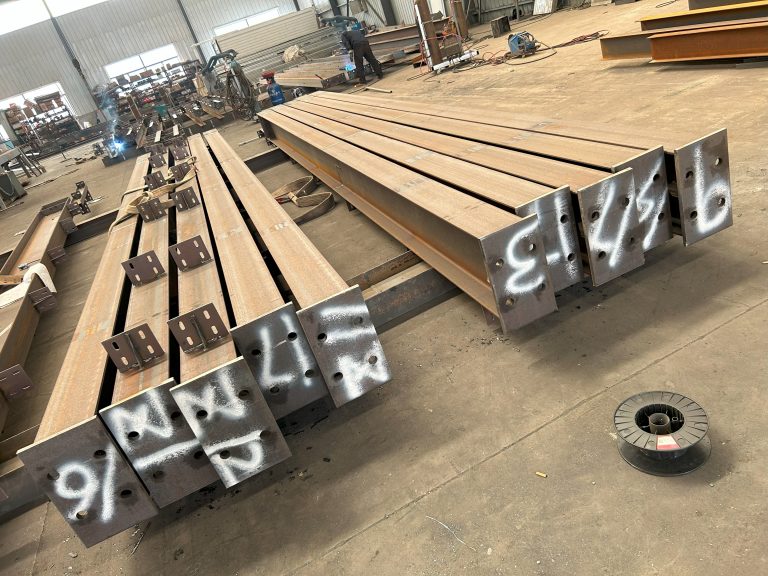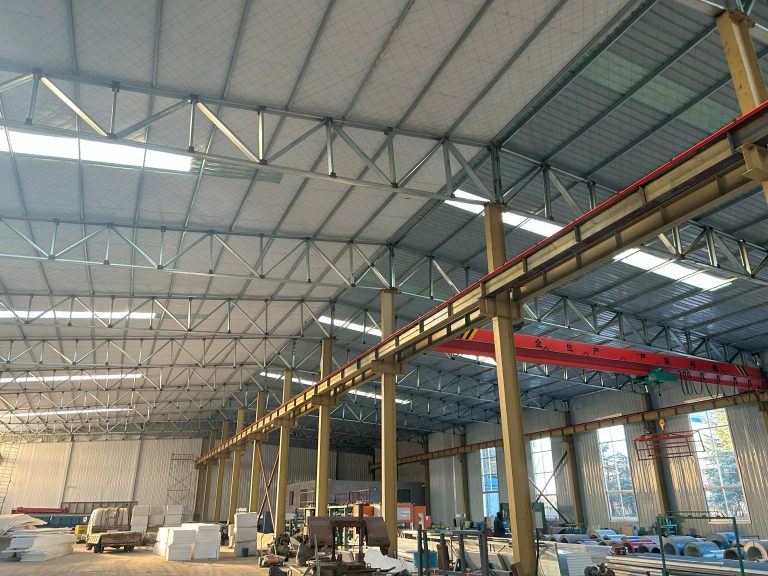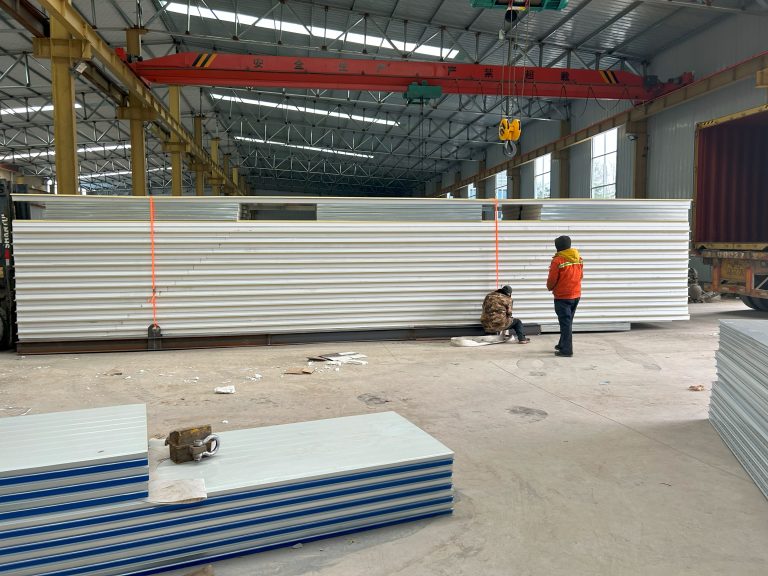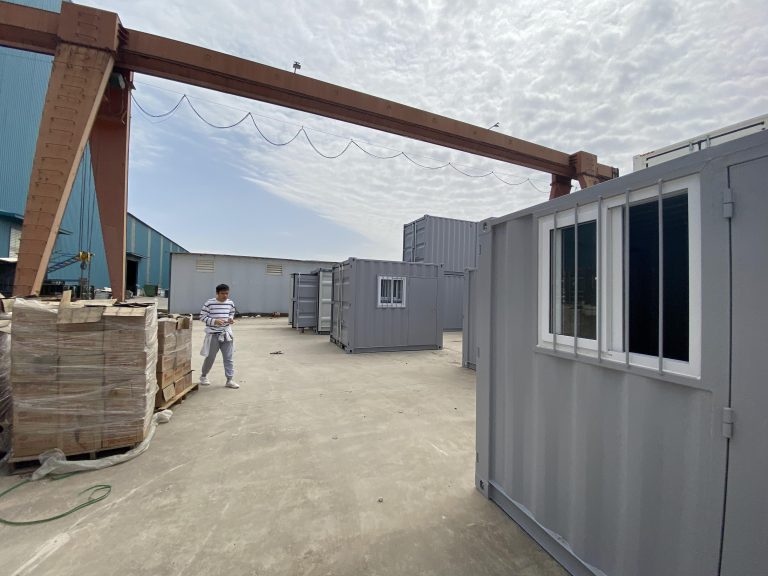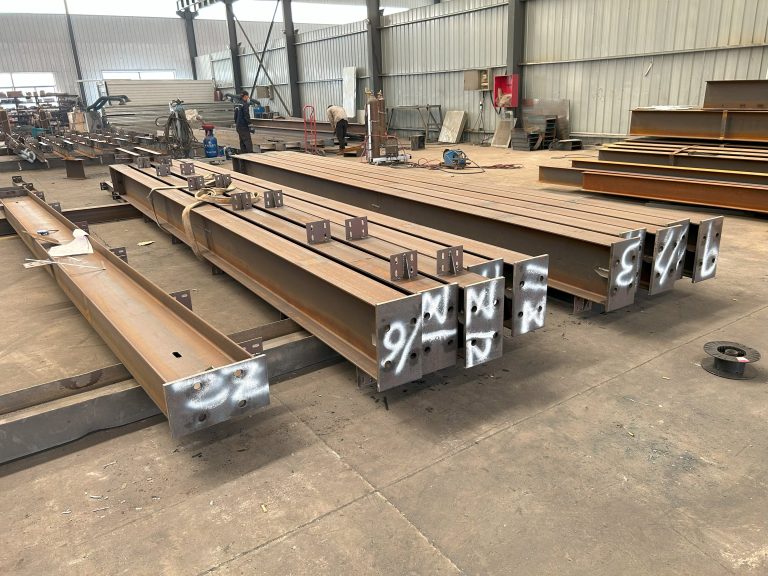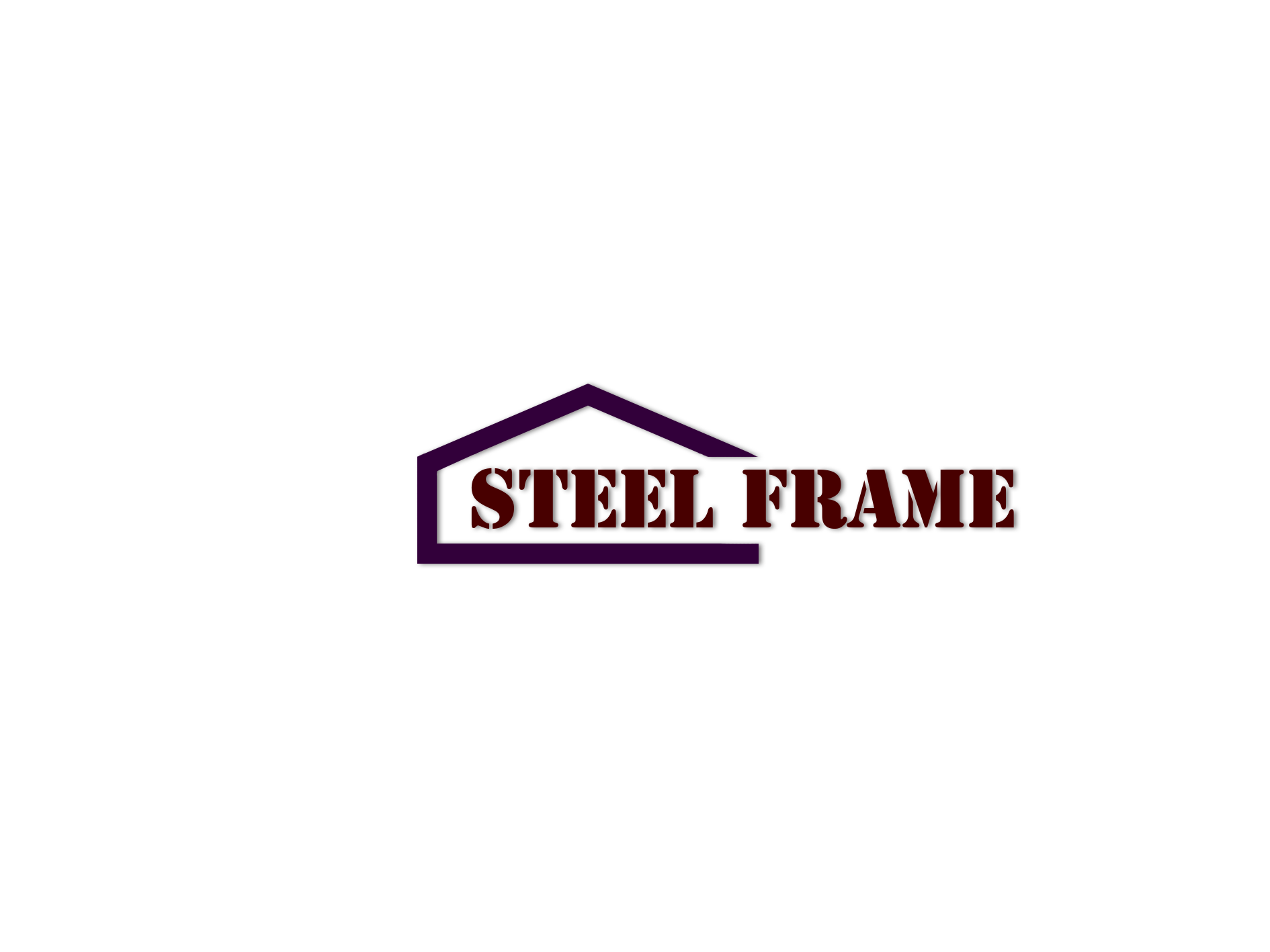Digital transformation and intelligent construction technology of steel structure industry
Inhoudsopgave
Benefits of Implementing Digital Transformation in Steel Structure Industry
Digital transformation has become a key driver of innovation and growth in various industries, including the steel structure industry. With the rapid advancement of technology, companies in this sector are increasingly turning to digital solutions to streamline their operations, improve efficiency, and enhance overall productivity. By embracing digital transformation, steel structure companies can leverage intelligent construction technology to revolutionize their processes and stay ahead of the competition.
One of the primary benefits of implementing digital transformation in the steel structure industry is the ability to optimize project management and planning. By utilizing advanced software and data analytics tools, companies can better track and monitor project progress, allocate resources more effectively, and identify potential bottlenecks before they become major issues. This not only helps to improve project timelines and reduce costs but also enhances overall project quality and customer satisfaction.
Furthermore, digital transformation enables steel structure companies to enhance collaboration and communication among project stakeholders. With the use of cloud-based platforms and mobile applications, teams can easily share information, collaborate on design and construction plans, and communicate in real-time regardless of their physical location. This level of connectivity and transparency fosters greater teamwork, reduces miscommunication, and ultimately leads to more successful project outcomes.
In addition, digital transformation allows steel structure companies to leverage cutting-edge technologies such as Building Information Modeling (BIM) and virtual reality (VR) to create more accurate and detailed project designs. By creating 3D models of structures and simulating construction processes, companies can identify potential design flaws, optimize building layouts, and improve construction efficiency. This not only helps to reduce errors and rework but also enhances safety on the job site and minimizes waste.
Moreover, digital transformation enables steel structure companies to automate repetitive tasks and streamline their workflows. By implementing robotics, drones, and other automated technologies, companies can increase productivity, reduce labor costs, and improve overall operational efficiency. This allows employees to focus on more strategic tasks, such as problem-solving and innovation, while machines handle routine activities with precision and speed.
Another key benefit of digital transformation in the steel structure industry is the ability to collect and analyze vast amounts of data to drive informed decision-making. By leveraging data analytics and artificial intelligence (AI) tools, companies can gain valuable insights into their operations, identify trends and patterns, and make data-driven decisions to optimize performance. This not only helps to improve efficiency and profitability but also enables companies to stay agile and responsive in a rapidly changing market.
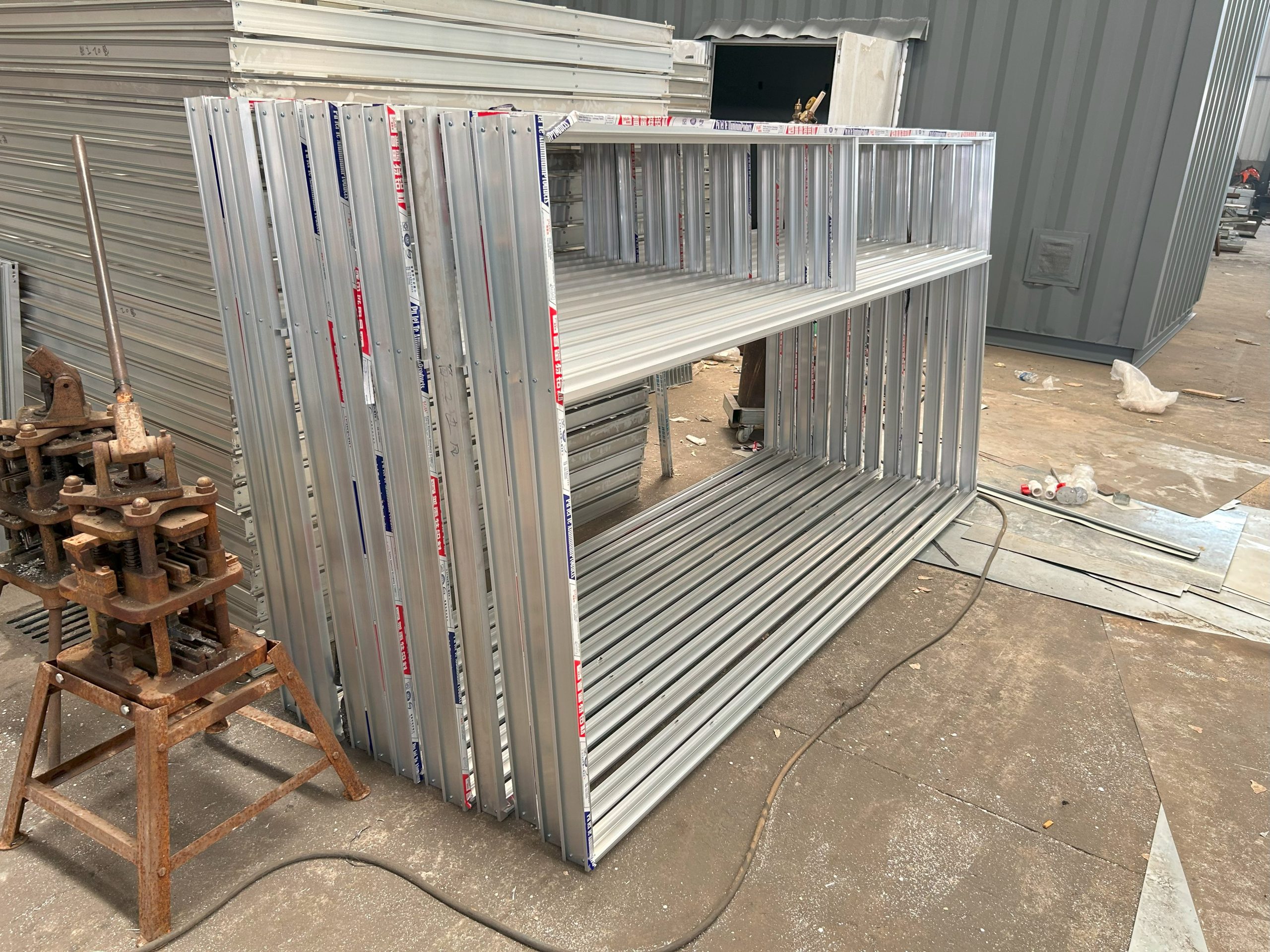
Overall, the implementation of digital transformation and intelligent construction technology in the steel structure industry offers numerous benefits, from improved project management and collaboration to enhanced design accuracy and operational efficiency. By embracing digital solutions and leveraging advanced technologies, companies in this sector can position themselves for long-term success and growth in an increasingly competitive marketplace. As the industry continues to evolve, those who embrace digital transformation will undoubtedly lead the way in innovation and excellence.
How Intelligent Construction Technology is Revolutionizing Steel Structure Industry
Digital transformation and intelligent construction technology have been revolutionizing the steel structure industry in recent years. With the advancement of technology, construction companies are now able to streamline their processes, increase efficiency, and reduce costs through the use of intelligent construction technology.
One of the key benefits of intelligent construction technology in the steel structure industry is the ability to design and plan projects more accurately. With the use of Building Information Modeling (BIM) software, construction companies can create detailed 3D models of their projects, allowing them to visualize the entire construction process before it even begins. This not only helps to identify potential issues early on but also allows for better coordination between different teams working on the project.
In addition to improved design and planning, intelligent construction technology also enables construction companies to optimize their construction processes. By using advanced robotics and automation, companies can now prefabricate steel components off-site and assemble them on-site, reducing construction time and labor costs. This not only speeds up the construction process but also improves the quality and accuracy of the final product.
Furthermore, intelligent construction technology allows for better monitoring and control of construction projects. With the use of sensors and IoT devices, construction companies can track the progress of their projects in real-time, identify potential delays or issues, and make adjustments as needed. This level of visibility and control helps to ensure that projects are completed on time and within budget.
Another key benefit of intelligent construction technology in the steel structure industry is the ability to improve safety on construction sites. By using drones and wearable technology, construction companies can monitor the safety of their workers, identify potential hazards, and take proactive measures to prevent accidents. This not only protects the well-being of workers but also helps to reduce liability and insurance costs for construction companies.
Overall, the digital transformation and intelligent construction technology have had a significant impact on the steel structure industry. By improving design and planning, optimizing construction processes, enhancing monitoring and control, and increasing safety on construction sites, construction companies are able to deliver projects more efficiently and effectively than ever before.
In conclusion, the steel structure industry is undergoing a transformation thanks to intelligent construction technology. With the use of advanced software, robotics, sensors, and IoT devices, construction companies are able to improve every aspect of their projects, from design and planning to construction and safety. As technology continues to advance, we can expect to see even more innovations in the steel structure industry, further revolutionizing the way we build and construct in the future.

